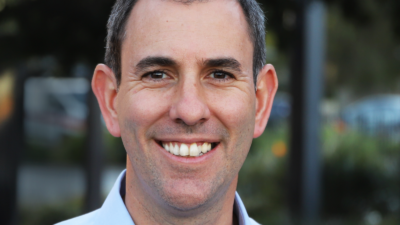A UniSuper member has accused the fund of potentially breaching its trustee obligations and the Corporations Act in a case reminiscent of one brought against Rest in 2018.
“Talent incubator” Future IM/Pact has partnered with four of Australia’s biggest super funds to help women into frontline investment roles. Investment internalisation is driving some of the interest.
MetLife’s institutional asset management business has acquired $1.5 billion impact bond manager Affirmative Investment Management (AIM) as it looks to build out its internal sustainability capabilities.
APRA has issued Vanguard a superannuation licence as it prepares to launch a disruptive play for Australia’s gargantuan retirement savings pool.
For every government that wants to work alongside superannuation funds, there’s one waiting in the wings to deliver a regulatory rebuke. Big super needs to think hard about its plans to build the future.
The Albanese Government has begun to explore the potential negative impacts of super fund consolidation. The question is whether a super fund can ever be too big to fail.
Hostplus CIO Sam Sicilia believes the trillions of dollars washing around super could be put to good use in nation-building projects – and that criticisms of investing in unlisted assets are an “absurdity”.
NGS Super has made two new hires for its investment team, strengthening its capabilities in international and Australian equities as it works to make its portfolio carbon neutral by 2030.
A new CEO will go part of the way to convincing investors that Magellan can be turned around. But proving to those investors that they need Magellan, not an index, will be harder.
Overseas, Australia’s biggest super fund is a small fish in a massive pond. To achieve the scale it wants it will have to dive deeper into the private markets, meeting stiff competition from its North American peers along the way.















